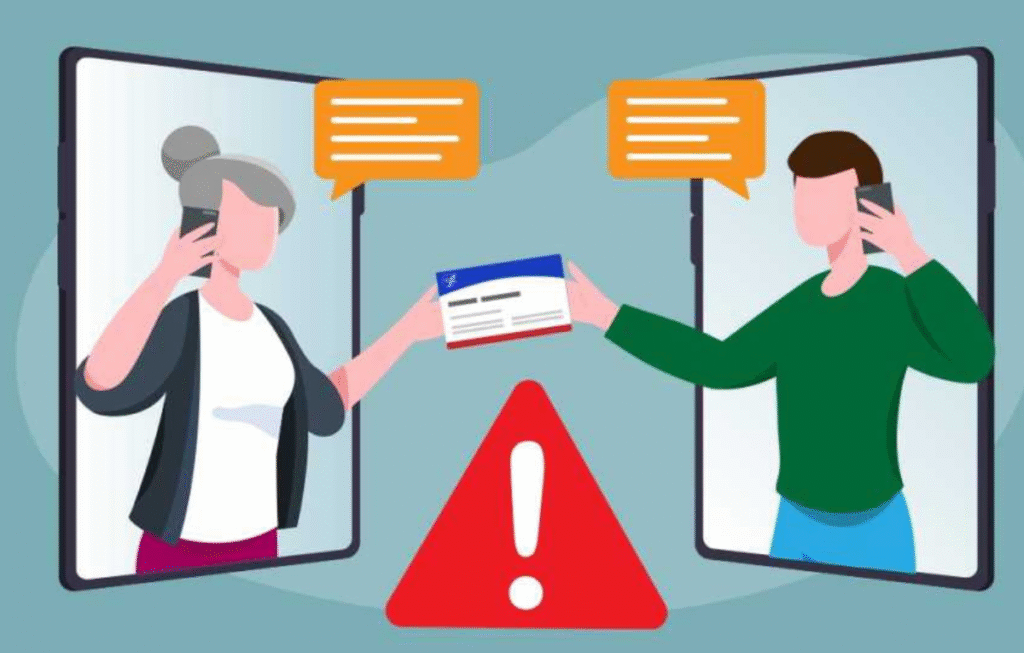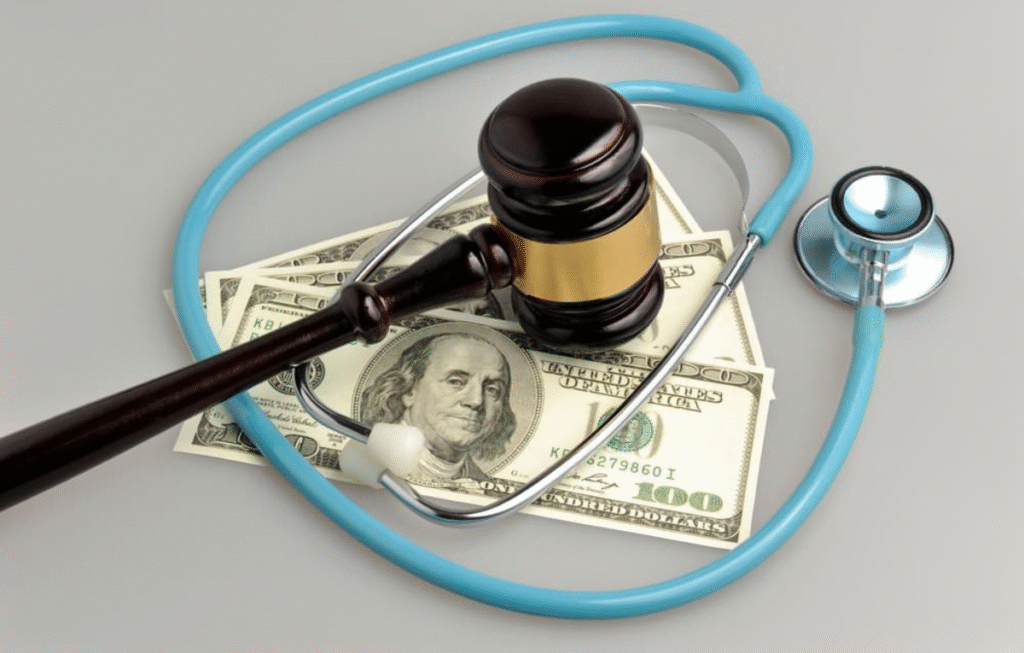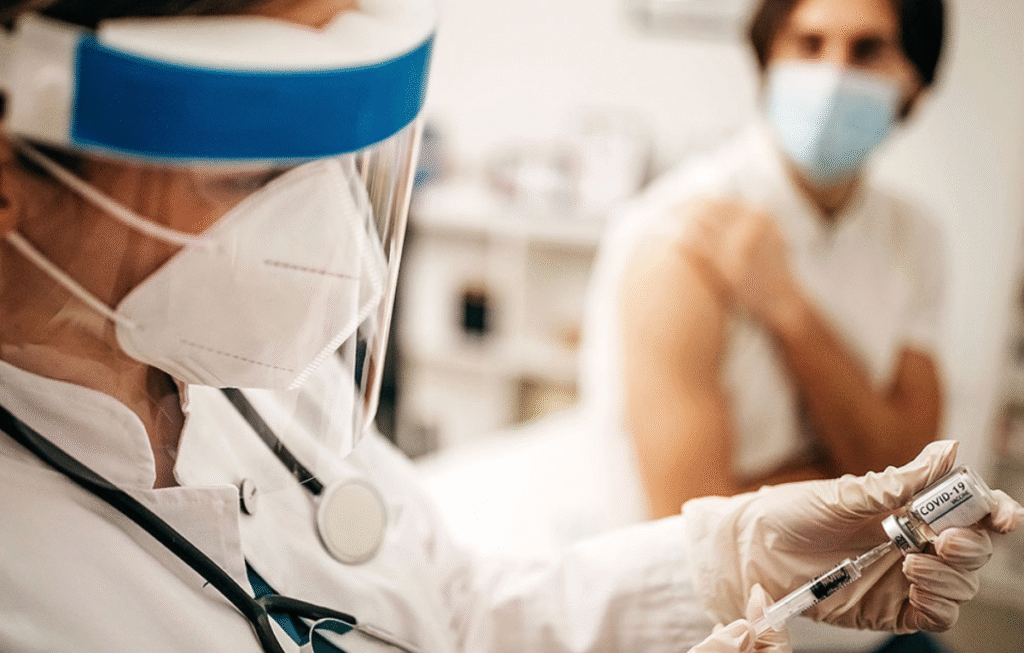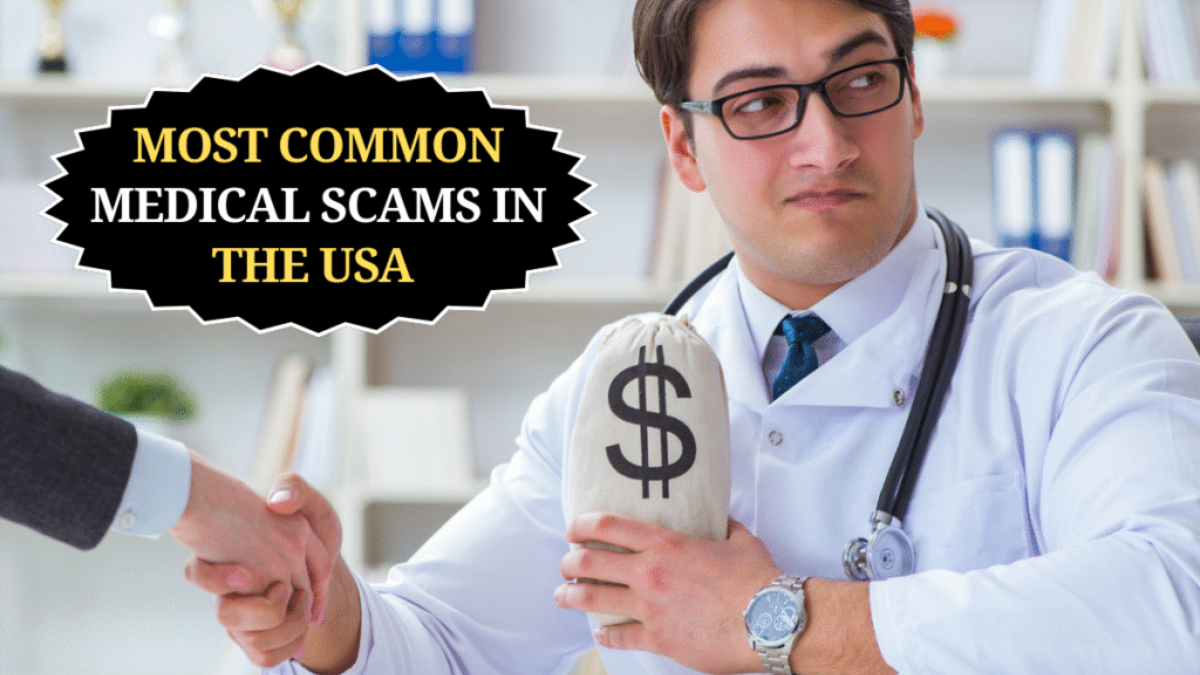10 most common medical scams in America and easy ways to avoid them
Health is the most important part of our life. When we are sick, we rely on doctors, hospitals, and medicines. But the sad thing is that even in a developed country like America, people fall prey to medical scams.
These scams result in losses of billions of dollars every year. Not only money, but also many times the health and life of the patients are also affected. The victims of these scams are mostly elderly people, people who do not have insurance, or people who do not have complete information about health services.
Fraudsters know that people get trapped in fear, hurry, and need treatment. Taking advantage of this, they adopt tricks like fake treatment, fake medicines, or fake billing. But the good thing is that if you are careful and have the right information, then you can avoid these scams. Let us now know in detail about the 10 most common medical scams in America and ways to avoid them.
1. Medicare and Medicaid scams

How it works:
Millions of people in the US depend on Medicare and Medicaid, especially the elderly. Fraudsters steal Medicare numbers and use that number to make false claims to the government. That is, the patient did not receive the service or equipment, but the government charged for it.
Example:
Suppose an elderly woman suddenly finds out that a $3,000 electric wheelchair has been purchased in her name. Whereas she never ordered it.
How to avoid it:
- Consider the Medicare number as your credit card. Do not tell it to anyone over the phone or online.
- Read the Medicare statement (MSN) that comes every month carefully. If you see any unknown bill, report it immediately.
- For suspicious cases, call 1-800-MEDICARE directly.
Tip: No real employee of Medicare will ask you for the number over the phone.
2. Fake online pharmacy
How it works:
Thousands of websites on the Internet call themselves pharmacies and claim that they are selling medicines at very cheap prices. But most of these are illegal. They sell fake, expired, or harmful medicines.
Example:
A diabetic patient orders cheap insulin online. After receiving the package, it is found that instead of the real medicine, it contains fake liquid, which has no effective ingredients.
How to avoid it:
- Always buy medicines from pharmacies that are accredited by the National Association of Boards of Pharmacy (NABP).
- Real pharmacies often run from the .pharmacy domain.
- If a site is selling medicines without a prescription, then it is almost 100% fraud.
Tip: If a medicine seems so cheap that it is hard to believe, then be careful.
3. Medical billing fraud

How it works:
Many times hospitals and clinics deliberately increase the bill. The patient is charged for tests and services that were not performed.
Example:
A man went in for just a blood test. But the bill included several other lab tests that he never authorized.
How to avoid it:
- Always ask for an itemized bill.
- Compare the bill to the Explanation of Benefits (EOB) from your insurance company.
- If you don’t understand a charge, ask for it and get a written explanation.
Tip: Medical coding is very complex. Fraudsters take advantage of this complexity.
4. The Free Medical Equipment Scam
How it works:
Fraudsters call you and tell you that you can get “free” back braces, knee braces, or wheelchairs. You say yes, and then your Medicare or insurance is billed thousands of dollars.
Example:
An elderly man gets a call: “Sir, you can get a free knee brace.” He said yes. Later, Medicare sent a bill for $1,200, when the actual cost was just $50.
How to avoid it:
- Never buy medical equipment without consulting a doctor.
- Stay away from “free” offers over the phone.
- Report such calls immediately.
5. Fake health insurance plans
How it works:
Especially during the open enrollment period, fraudsters advertise very cheap insurance plans. People join and pay premiums every month. But when treatment is needed, it turns out that the plan is fake.
Example:
A family bought an “insurance plan” for $200 per month. But the hospital flatly refused, saying it was not valid in any network.
How to avoid it:
- Choose plans only from HealthCare.gov or your state’s marketplace.
- Check whether the company is registered with your state’s Department of Insurance.
- Avoid pressure tactics like “limited time offers.”
6. Miracle cure and supplement scam
How it works:
Fraudsters take advantage of emotions. They claim that their herbal product can cure serious diseases like cancer, diabetes, and Alzheimer’s. People spend money out of compulsion.
Example:
A website claims that their medicine will cure cancer in just 30 days. People pay up to $500, but the medicine turns out to be useless.
How to avoid it:
- Always avoid claims like “cure all diseases.”
- Look for warnings on the FDA (Food and Drug Administration) website.
- Ask your doctor before taking any new supplement.
Tip: There is research and clinical trials behind real medicines. Fraudsters only make people believe in stories and emotions.
7. Genetic testing scam

How it works:
Fraudsters offer “free DNA tests.” They take your Medicare number and falsely claim thousands of dollars in fraudulent charges.
Example:
An elderly woman was told she needed a DNA test to determine her cancer risk. Later, her Medicare was falsely billed $10,000.
How to avoid it:
- Only get a DNA or genetic test done on the advice of a doctor.
- Never give a DNA sample or Medicare number to a stranger.
- Report such cases to the Office of Inspector General (OIG).
8. Fake charities and medical crowdfunding
How it works:
Fraudsters start fundraising campaigns by posting emotional stories on social media. People send money in the name of help when in reality there is no patient or case.
Example:
A post appears on Facebook that a child is battling cancer and needs money for treatment. Hundreds of people donate. Later it is found out that there is no such child.
How to avoid it:
- Donate only to trusted organizations like the Red Cross and St. Jude.
- Check the credibility of the fundraising platform.
- Do not give money to emotional stories without facts behind them.
9. Telemedicine scam
How it works:
Telehealth services boomed after COVID-19. Fraudsters take advantage of this by posing as fake doctors and selling online consultations and medicines.
Example:
Someone consulted an online “doctor” by paying $100. Later it was found that the person was not a doctor at all and his license was fake.
How to avoid it:
- Use only your hospital network or a recognized telehealth platform.
- Check the doctor’s license on your state’s medical board website.
- Avoid ads appearing on social media.
10. Vaccine and COVID-19 scam

How it works:
During the COVID pandemic, many fraudsters sold fake vaccines, test kits, and treatments. Even today, some people are scammed in the name of “immunity boosters” or quick cures.
Example:
A fraudster claims that he will get you a “priority vaccine slot” for $200. People pay the money, but they get neither the slot nor the vaccine.
How to avoid it:
- Always get the vaccine from an authorized clinic or pharmacy.
- Do not pay to book an appointment on an unknown website.
- Ignore emails or texts that ask for money.
How to protect yourself from medical scams
Never share your personal information (Medicare number, Social Security, insurance details).
- Always do research before paying.
- Beware of “free” offers.
- Be sure to read the fine print of things like insurance and supplements.
- Trust your instincts. If something looks wrong, don’t proceed with it.
Real example
A 70-year-old Florida woman received a call saying she would get a “free DNA cancer test.” She gave her her Medicare number and address. A few weeks later, she was hit with a bill for more than $10,000. Medicare stopped it, but the woman was left stressed for months.
Lesson: Get information about any test or treatment from your doctor first.
Conclusion
Medical scams are all too common in the US. From Medicare fraud to fake pharmacies, these scams affect millions of people each year.
The biggest protection is caution and awareness. The more informed you are, the easier it is to spot scammers.
FAQs:-
What are the most common medical scams in the USA?
They include Medicare fraud, fake treatments, medical billing scams, insurance fraud, and online pharmacy scams.
What is a Medicare scam?
It involves criminals using stolen Medicare numbers to bill for fake or unnecessary services.
How can I recognize a medical scam?
Watch for unrealistic promises, requests for upfront payment, or vague billing details.
Medical Disclaimer
The information provided on Health Tips India is intended for educational and informational purposes only. It should not be considered a substitute for professional medical advice, diagnosis, or treatment.
Always consult a qualified healthcare professional before making any health-related decisions or changes to your diet, exercise, or medical routine.
SamhithaHealth & Wellness Content Writer
a Health & Wellness Content Writer with over 6 years of experience creating research-based health articles. She specializes in nutrition, weight management, diabetes care, skin health, and healthy lifestyle practices. Here content is carefully written using trusted medical and scientific sources to ensure accuracy and clarity for readers.

